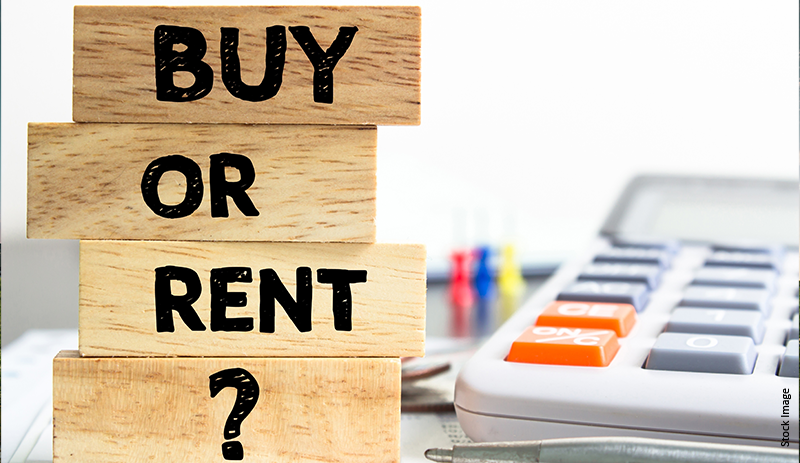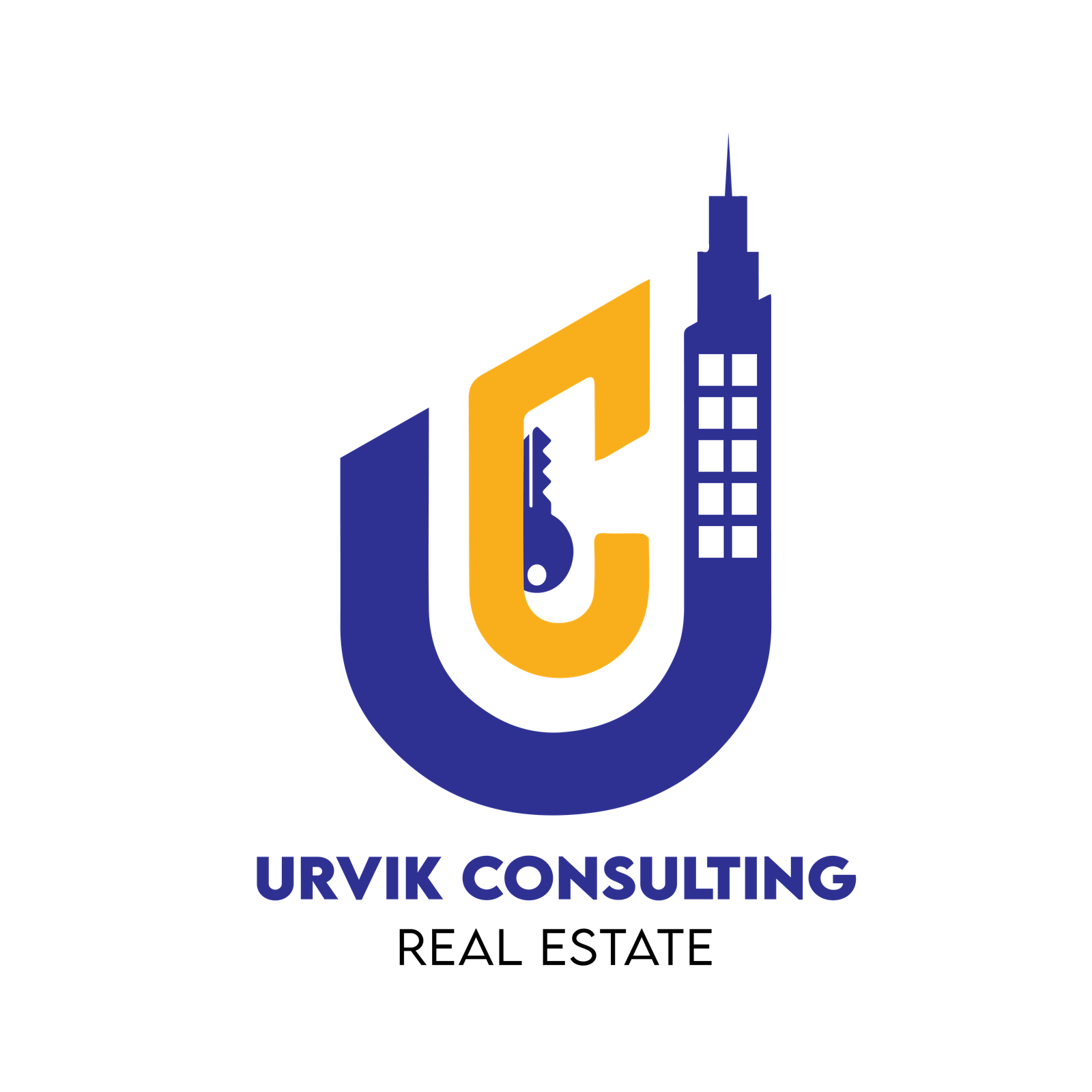
Renting vs Buying: What's Best for You in 2025?
When it comes to deciding whether to rent or buy a home, the decision is never simple. In 2025, with the real estate market continually evolving, it’s more important than ever to consider all your options carefully. Both renting and buying have their benefits, but what works best for you depends on your personal circumstances, financial situation, and long-term goals.
So, how do you decide which option is right for you in 2025? In this post, we’ll break down the pros and cons of renting vs buying to help you make an informed decision.
Renting: The Flexible, Low-Commitment Option
One of the biggest perks of renting is flexibility. As a renter, you’re not tied to a property long-term, which gives you the freedom to move whenever your circumstances change. Whether you’re starting a new job, relocating for a better opportunity, or simply craving a change of scenery, renting makes it easy to pack up and go.
Additionally, renting in 2025 often means fewer financial burdens upfront. You don’t have to worry about a hefty down payment or property taxes. Generally, renters only need to come up with a security deposit and the first month’s rent to get started. If you’re not ready to make a long-term investment or if you’re still building your savings, renting can be an excellent option.
The best part? Maintenance and repairs aren’t your responsibility. If the AC breaks down or something needs fixing, your landlord is likely to take care of it. This can save you a lot of time, energy, and money in the long run.
Now, let’s talk about the advantages of buying a home. While renting offers flexibility, buying a home gives you the chance to build equity over time. With every mortgage payment, you’re gradually increasing your ownership in the property, which means that after a few years, you’ll own your home outright. This can be an excellent way to grow your wealth.
In 2025, homeownership also offers stability. Unlike renting, where landlords can raise your rent at the end of each lease, your mortgage payments stay the same if you opt for a fixed-rate loan. Plus, you don’t have to worry about getting kicked out because the landlord wants to sell the property.
Another benefit? Appreciation. While no one can predict the future, real estate is historically a great long-term investment. In many areas, property values tend to rise over time, meaning the home you purchase today could be worth a lot more in the future. Buying a home can also come with tax breaks and other financial incentives that renters don’t get.
Maintenance: Who’s Responsible?
One of the main trade-offs between renting and buying is the responsibility for maintenance. As a homeowner, you’re the one in charge of upkeep. From mowing the lawn to fixing a leaky roof, maintaining your property is all on you. While many people love the freedom to make changes and renovations, it’s not for everyone.
Renting, on the other hand, comes with the advantage of having maintenance handled by the landlord or property management. If something breaks, you simply call them and wait for it to be fixed. For those who don’t want to deal with the hassle of repairs or spending weekends fixing up a house, renting can be a hassle-free option.
Upfront Costs: What’s the Financial Impact?
Let’s talk money. When you decide to buy a home, the upfront costs can be significant. In 2025, the housing market is still seeing high prices, and down payments can range from 10% to 20% of the home’s total price. Plus, there are closing costs, home inspections, and various fees that add up quickly. If you don’t have a substantial amount saved up, this can be a huge hurdle.
Renting, by comparison, requires much less upfront cash. Most rentals only require a security deposit (usually equal to one or two months of rent) and the first month’s rent. This makes renting a much more affordable option in the short term, especially if you’re just starting out or don’t have enough saved for a down payment.
The Long-Term Investment: Should You Buy or Rent?
In the long term, buying a home can be a smart financial move. Property appreciation, tax breaks, and the ability to build equity are powerful incentives. If you plan to stay in the same place for several years, owning a home can make a lot of sense, especially if you’re looking to build wealth.
However, renting can still be a wise choice, especially if your situation is more temporary. If you’re in a job where relocation is likely, or you just don’t feel ready to settle down in one place, renting gives you the freedom to move without the stress of selling a home.

What’s the Best Option for You in 2025?
Ultimately, the decision to rent or buy comes down to your personal circumstances, financial goals, and lifestyle preferences. Here are some quick tips to help you decide:
Renting is ideal if you need flexibility, have limited savings, or prefer not to deal with maintenance.
Buying is a better choice if you’re ready to settle down, want to build equity, and are looking for long-term financial stability.
If you’re unsure which option is right for you, it can be helpful to consult with a real estate professional who can offer personalized advice based on your situation.
At Urvik Consulting, we specialize in helping you navigate the real estate market, whether you’re ready to buy or prefer the flexibility of renting. Explore our listings today and find the perfect place that fits your needs!
Conclusion
Whether you decide to rent or buy, the real estate market in 2025 offers plenty of opportunities. The most important thing is to make a choice that aligns with your goals, financial situation, and lifestyle. Take your time, do your research, and you’ll be on your way to finding the perfect home.




